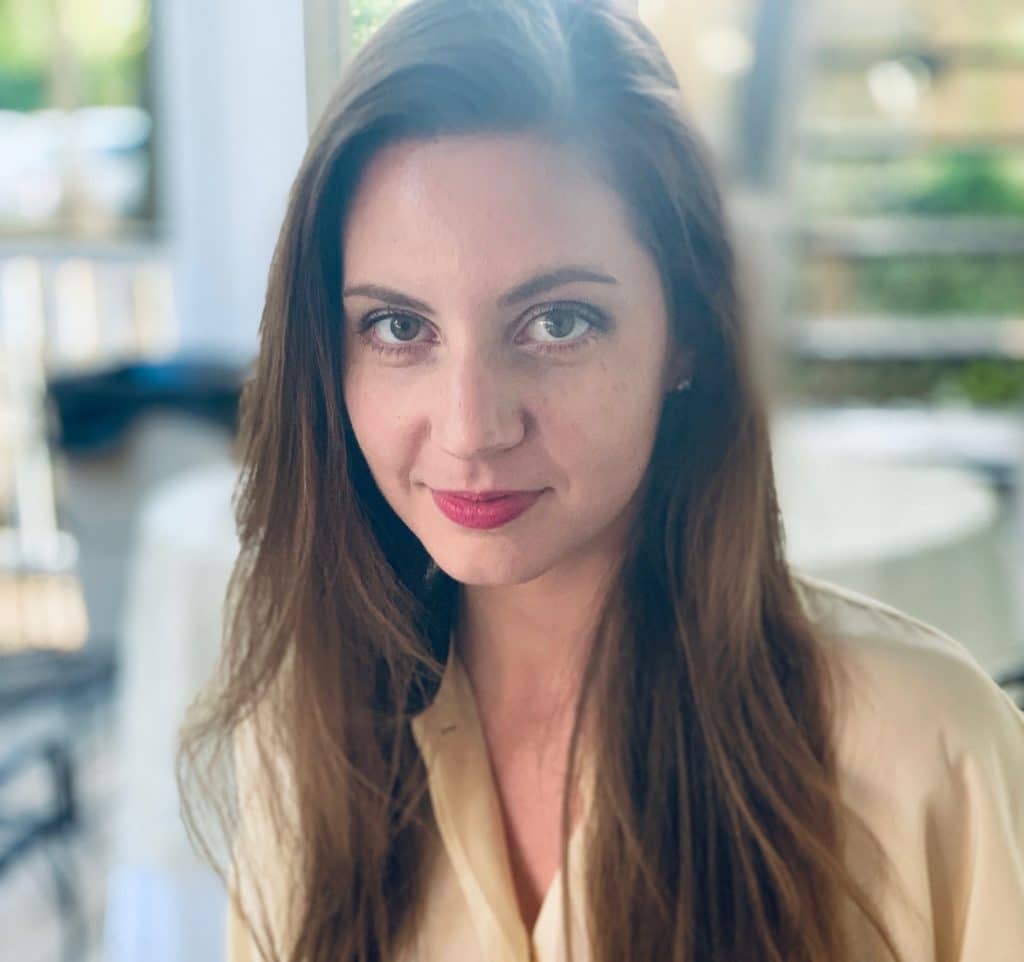
by Olivia Davis
When I first heard about the Fulbright program, it was September of my senior year in college, and my advisor told the group of students that I was with that we “should have started preparing four years ago” for the program. Needless to say, I assumed my prospects for becoming a Fulbright scholar were next to none–but, somewhat stubbornly and after six weeks prep work, I handed in my application. The moral of the story is this: you can apply to Fulbright last minute, and your application can be successful. Don’t assume you’re out of the competition because you learned about the program late–but do be smart about the time you have left! Here are four tips to get yourself started.
1. Start writing your application, now!
Especially when you are applying “last-minute,” your ability to craft your application into a compelling story is key. Even if, like myself, you never intentionally built a resume around the Fulbright program, there are likely experiences that you have had that make you a great candidate for the program. This will come down to your ability to communicate those things well.
Start with the things in life that have been most meaningful to you, and draw connections to what you hope to accomplish as a Fulbrighter. As for me, I ran a piano studio to earn extra money in college, and I put on a recital with my students at the end of my junior year. Getting to see my own students of different walks of life come together around music was particularly moving to me, and so I used that experience as the opener of my personal statement, drawing connections to how the arts can build cross cultural bridges–somethign I hoped to do as a Fulbrighter.
Allow yourself to write badly on your first draft–authenticity always trumps artful writing. Give yourself at least a day. I think I took a weekend to get a first draft down, and then I gave it to my recommenders so that they would understand my thinking behind my “spontaneous” decision to apply.
2. Don’t overthink identifying recommenders
When it comes to identifying recommenders, do not spend a lot of time agonizing on who to choose. Choose three professors that know your work and like you, and give them an easy way out in case they are busy. If possible, choose at least one professor that demonstrates your connection to the country you’re applying for (a language professor or an international studies professor, for example) and one that can speak to your English abilities (since you will be teaching English, after all!). If that’s not possible, go with the three professors that are most familiar with your work. Email them immediately to set up meetings to give them an idea of what you hope they will say, and be sure to have copies of your personal statement and statement of grant purpose ready (even if they aren’t in final form–professors understand that editing takes time!).
3. Get feedback early and often
Because of a crunched timeframe, it might be difficult to get the level of perspective on your own writing that you need to edit your application well. Instead, swallow up a bit of pride (if you’re like me!) and share your in-progress application essays with a few people–particularly these five. Receive their feedback with gratitude, and be sure to take into account any edits that multiple people suggest to you. If you’re not sure about making a suggested edit, try it out, and then evaluate. There have been plenty of times when I didn’t understand a suggested edit until I implemented it–then it made sense.
4. Find a proofreader
The written application that goes with your application essays can be easily overlooked, and final drafts, when delivered around crunchtime, can sometimes have a typo or two in them. The best way to avoid this is to call in a favor from a friend who is an English major (who hasn’t seen your application up to this point) or anyone else who is good with grammar (in general, I’d avoid asking professors to proofread–they are great when it comes to helping you develop and articulate ideas, but proofreading can be done just as well by someone else). Be sure to give your proofreader your application in its final state–if you significantly change anything after this point, you would have to find another person to proofread.

© ProFellow, LLC 2021, all rights reserved.